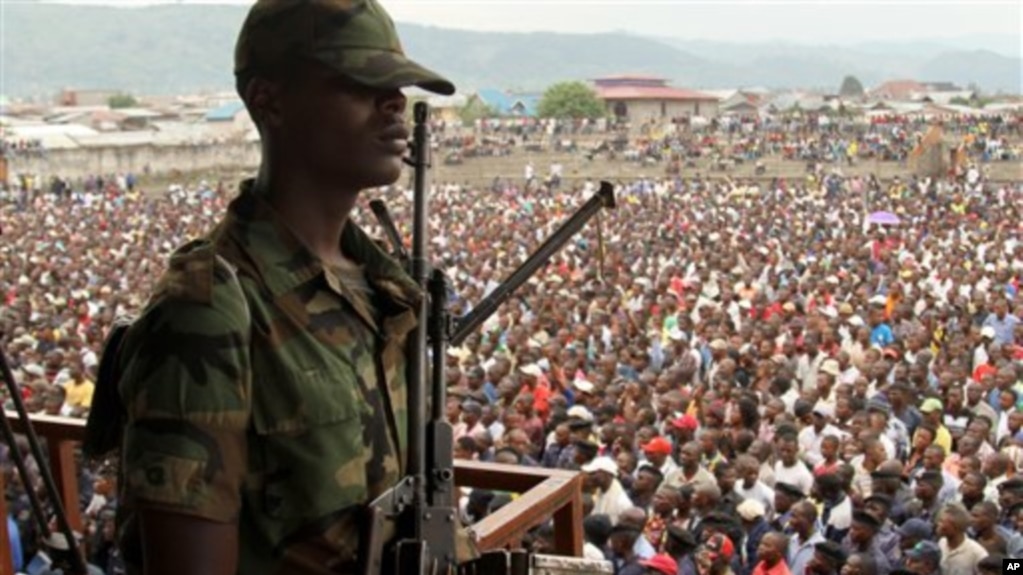This isn’t about the movie, just the fast paced novel that
focuses on training and turning lose a young recruit on terrorists and their
financiers.
This origin story has all the usual elements of the great
bad asses, Reacher, Bond, and Bourne. It does follow a typical narrative
track for a while, a secretive government program run by the CIA for assassins.
It tells how Rapp lost loved ones in the Pan-Am Lockerbie flight that was shot
down in ’88, the event forming the basis for much of his anger. Flynn doesn’t
give the kid (Rapp) a military background which most spy types usually have as
a precondition. He is a star athlete instead. It works though. Tell a good
enough story and most readers are hooked. This is good story.
I am no expert on dialogue but Vince Flynn’s has always
struck me as a little flat. He uses obvious lines for his characters when
action and mood might work better. But then again, maybe not. Tom Clancy type
detailing doesn’t work for action scenes and I can’t imagine this story would
be improved through complex examination of financial links between the Muslim
Brotherhood and Russian Oligarchs. He prefers to plow ahead with the scenes
instead of detailing the setting. More killing less fireside chats “When you have to shoot, shoot…don’t talk”—Tuco.
The Good the Bad, and the Ugly.
It’s a style
technique perfectly suited to the author’s philosophy. Train the killer, attack
the enemy. The chapters are short and the reader won’t get lost in the rabbit
trails of political intrigue and national histories. Vince Flynn assumes his
readers know enough about current events to pick up on some of the socio-political
layout. The person of Mitch Rapp is the story and events are directly related
to his circle of influence. Not that Flynn doesn’t expand the plot from different
points of view but he keeps the core intact, not introducing too many
characters and side stories.
Another thing unique to Flynn is his black and white
understanding of morality. Not an ounce of moral ambiguity seeps through. The
author explains dysfunction and politics in Washington D.C. without implicating
it for all the world’s problems. Mitch Rapp is a good guy in every way and
despite his penchant for violence, it is always warranted—apologies be damned.
His is a righteous anger. This may be unfair to other writers who have solitary
tough men in the lead role. I never read the Robert Ludlum series but the
Bourne movies veer into a “What if WE are really the bad guys?” type questioning.
Flynn gives a refreshingly honest assessment of the political problems while
still making the lead heroic and the criminality solvable.
I hope this isn’t true of the ‘Assassin’ movie but I haven’t
seen it yet. Movies can’t marinate in full stories like books can, but good
ones will find the plot’s core message and build an engaging thriller around
it. Bad ones take an engaging thriller and redesign the core message.
I’ve only read one other Flynn book that used Rapp as the
character and always hinted at his past. I don’t know if this was first in the
series or if he wrote it after the others, as a kind of ‘look back.’ Lee Child
did this with Jack Reacher, telling
the origin story much later.
When I read the jacket cover of American Assassin I rolled my eyes “Not another bond rip-off?” The
reason readers like spy stories and secret agents is the intrigue, the mystery
and danger. It’s why writers can keep using broad outlines and tough characters
shrouded in secrecy. This isn’t anything like a James Bond thriller, but the
secret nature of the agent’s work creates international connections that thicken the narrative.
Two ingredients of a good novel (to me) are interesting
characters and a quick moving plot. Both have to be present. American Assassin has both and delivers
an engaging current story with a lot of violence. The dialogue is a little
straightforward but guys in a hurry don’t wax poetic about the universe. Now I’ll
have to see the movie.


